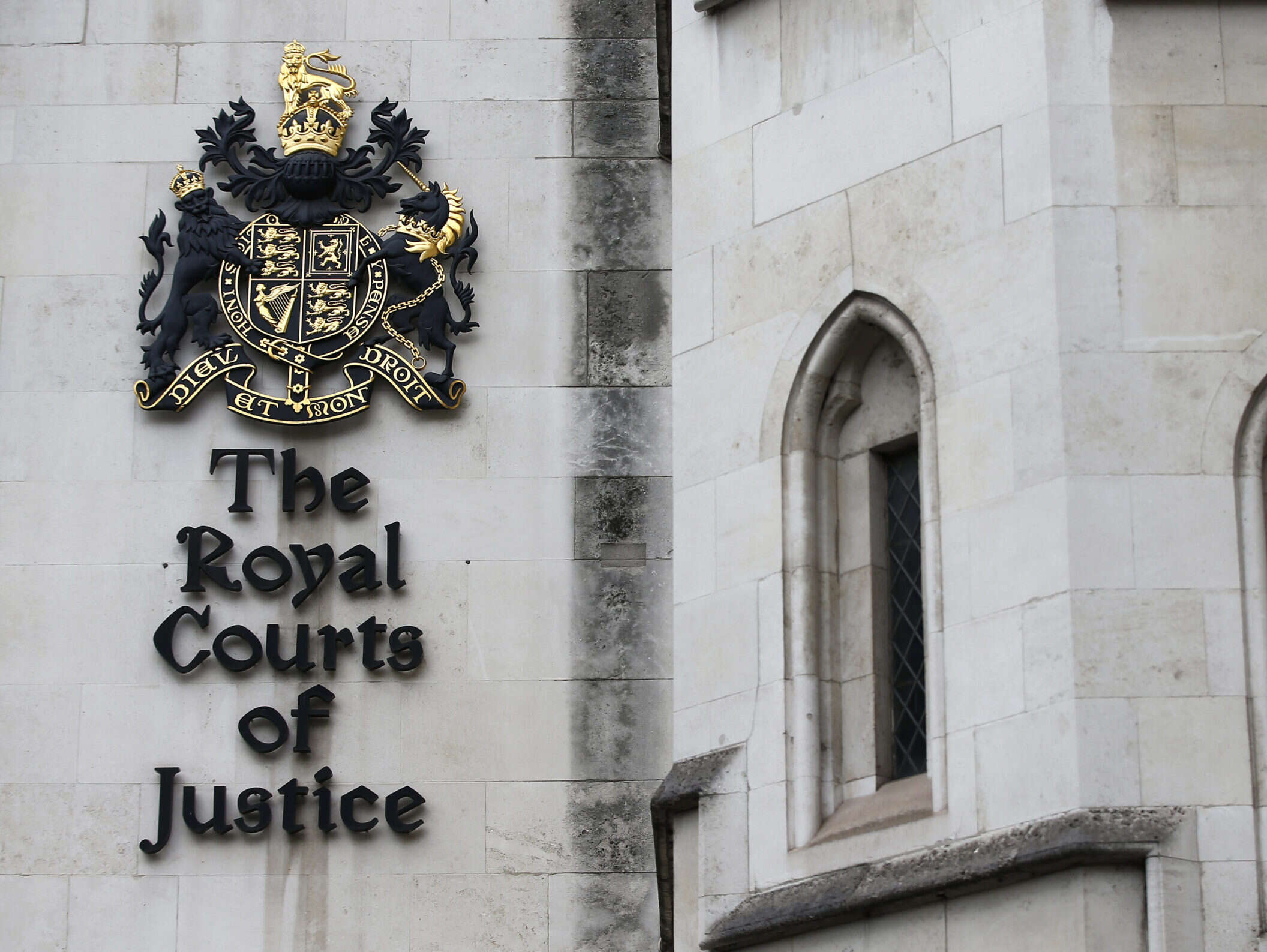
A long-running libel case, which created a landmark judgment ruling claimants must show actual serious harm, has ended with the Independent and Evening Standard being told to pay a total of £120,000 in damages.
Both newspapers published articles in 2014 falsely alleging French aerospace engineer Bruno Lachaux had been abusive and violent towards his ex-wife, taken their son away from her and accused her of kidnapping the child.
The Independent article was also published in a shorter form in the i, which at the time was its sister title.
High Court judge Mr Justice Nicklin dismissed the public interest defence the publishers had put forward because they had not made sufficient attempts to verify the allegations, including by giving Lachaux the opportunity to respond.
The judge said: “Fundamentally, I have no hesitation in finding that it was not in the public interest to publish the Standard article, which contained allegations that were seriously defamatory of the claimant, without having given him an opportunity to respond to them.
“The decision not to contact the claimant was not a result of any careful editorial consideration, it was a mistake…”
Similarly he said the defence failed to demonstrate it was reasonable for journalists at either title to believe publication was in the public interest.
Mr Justice Nicklin ordered Evening Standard Print Ltd to pay £70,000 in damages, and Independent Print Ltd to pay £50,000.
He said this took into account the “significant element of stubbornness and intransigence” with which they treated Lachaux since the case began.
A spokesperson for both publishers said: “We are disappointed by today’s ruling. Our defence was built on the basis that publication of these articles was in the public interest. We will continue to deliver high quality and trustworthy journalism, reporting on the news that matters.”
In 2019 a landmark legal judgment from the Supreme Court, where the case landed after the newspapers appealed a judgment that the articles were libellous, established that the Defamation Act 2013 had raised the threshold of the “serious harm” required in a libel case.
[Read more: Supreme Court rules serious harm must be shown in defamation claims]
The judgment was labelled an “excellent development for free speech”.
In the latest ruling Mr Justice Nicklin said the newspapers had not followed their own code of conduct, which at the time stated it was “good journalistic practice that any potentially damaging story is put to the subject before publication”, normally by email and with reasonable time to respond.
He said it was a “serious failure in basic journalist good practice” not to verify the allegations being made.
Then-Independent deputy news editor Christopher Green told the court in his witness statement: “I believe that there were two key reasons why it did not strike me as necessary to contact the claimant. They were that he was not named and was not the main subject of the story.”
Evening Standard features writer Susannah Butter did make a belated attempt to contact lawyers for Lachaux half an hour before her story went online and not long before it went to print. She told the court she could not remember why she had done this as it was too late to include a response.
“Whatever the reason for my late attempt to contact Mr Lachaux, I do not recollect having any misgivings about the form that the article was in at the time it was published, which made clear that the reported allegations of domestic violence by Mr Lachaux were denied and had not been tested in any court,” she told the court in her witness statement.
Butter had attempted to contact Dubai police and the prison involved in the case even though, as the judge said, Lachaux was “the person whose reputation stood to be damaged the most”.
Joint deputy editor Charlotte Ross said: “The absence of an attempt to contact Mr Lachaux, which would have been apparent to me from the article, would not have raised a question mark in my mind as to the public interest in publishing it.”
Mr Justice Nicklin was also critical of the lack of contemporaneous note taking by either newspaper, saying they had displayed a “lax and, frankly, amateurish approach to the recording of decisions of potentially critical importance”.
“…a requirement that journalists and those in professional publishing organisations should be able to demonstrate, not only that they reasonably believed that publication would be in the public interest, but also how and with whom this was established at the time, is not an unworkable, unreasonable, or unachievable objective,” he added.
This was especially important as the burden of proving publication was in the public interest falls to the defendant, he said.
Daniel Taylor of Taylor Hampton solicitors, who represented Lachaux, said: “The judge has conducted an extensive evaluation of the circumstances which led to the publication of the defamatory articles. He has found that the defendant newspapers failed to demonstrate that a belief that publication of the articles was in the public interest was reasonable.
“The more serious the allegation, the more important it is to provide the subject with a proper opportunity to respond.”
Huffpost has already paid £40,000 in damages after settling its own case in 2018 after reporting on the same allegations of domestic violence.
Picture: Reuters/Peter Nicholls
Email pged@pressgazette.co.uk to point out mistakes, provide story tips or send in a letter for publication on our "Letters Page" blog
